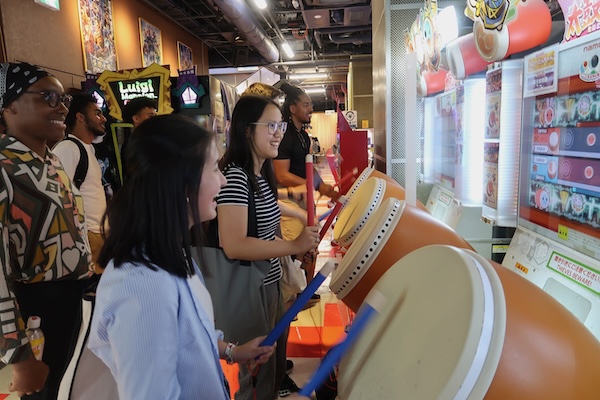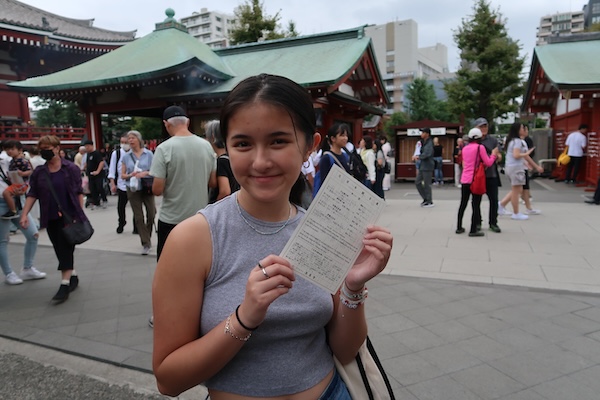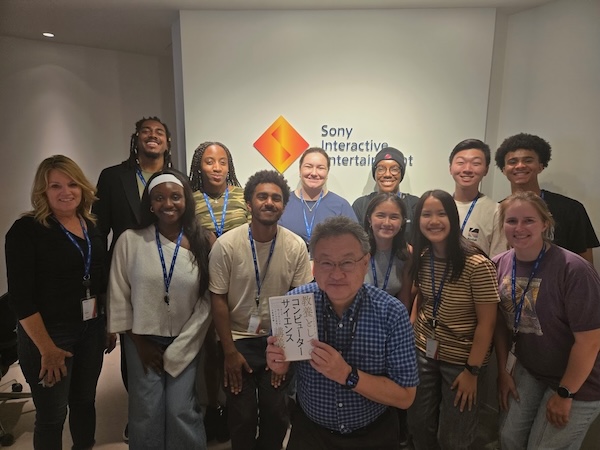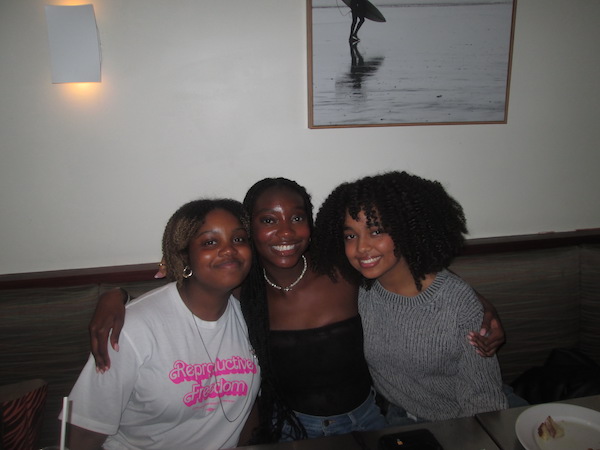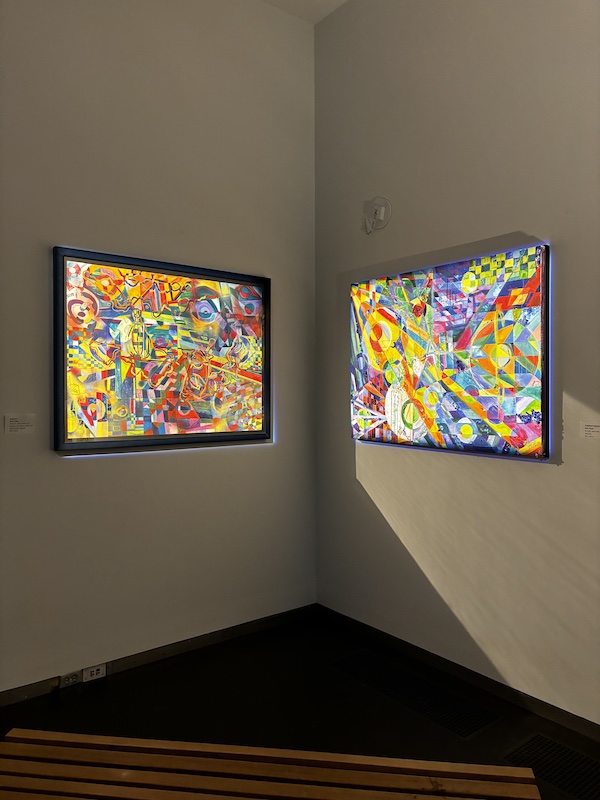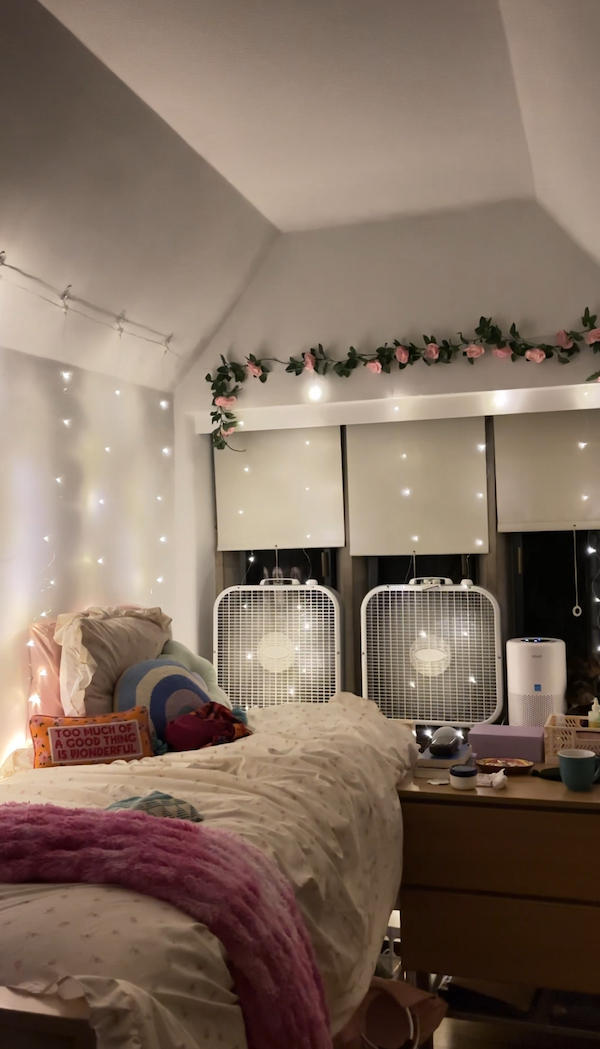Last semester, in the depths of the grey and dark December nights, I was seasonally depressed. Even when I first returned to campus, the winds still had a frosty bite, the days were still short. Fortunately, the fates were on my side when I clicked the class registration button and I finally made it into the creative writing poetry class, and it has been my favorite class since.
Contrary to a lot of Princeton classes, the creative writing department has almost all pass/fail classes, taking the pressure off stressful performances or assignments. After my brief encounter during my freshman writing seminar, New South (home to the Creative Writing department) became a safe space to write straight from the heart, express all my emotions, and learn from my peers and professors’ suggestions through poetry readings and workshops each week.
For me, the highs are really high, and the lows are really low in the Orange Bubble. I used to feel trapped when I hit those plateaued days with no place to escape, but now I just pick up the pen and write. When I am stuck in office hours with an unsolvable bug in my computer science Java program, drenched in the freezing rain after a dreary midterm, covered in smoke after an unsuccessful pad thai cooking session, or just generally sad when the sun crept into the night before classes even ended, I just let the feelings wash over me and wield them into prose, bit by bit. Somehow, the freewriting, proofreading, changing out specific vocabulary only added to my catharsis each time I create a new poem.
I used to have a lot of trouble putting my thoughts onto the page, judging them to be never original or poetic enough. However, being assigned to write each week in a completely freestyle manner, guided only by a general prompt, has allowed me to trust and push myself into opening up. I've also healed my grievances as I see others in the class relating to them. After class, I stay perched in the sixth floor classroom, entranced with the peaceful quiet of the room as the sky gradually dims.
Now, I can’t believe I went through Princeton without ever writing poetry, which marrows all the angsts in my mind and evaporates them as soon as I let them out. Even now, when I am writing this blog, I hope this will be an inspiration for you to find your own outlet: going to the gym, listening to music, or writing a poem, like me. I would like to share one of my poems with you, which summarizes how I feel about my poetry class overall.
Never have I ever
“Never have I ever
Looked at art in the museum and
Understood what it truly meant.”
Never have I ever
Wished I could be
Someone else’s muse
Never have I ever
Gotten used to being perceived
Beyond the confines of my own frame
Never have I ever
Been certain that I belonged
In a room crammed with gazes, voices
Never have I ever
Not wondered if they
Meant to hold or hurt or both
Never have I ever
Been able to tune out
The deep, dark nagging
Never have I ever
Had the confidence to believe
I was created for an original purpose
Never have I
Ever been brave enough
To lay my vulnerabilities on canvas
One down.










